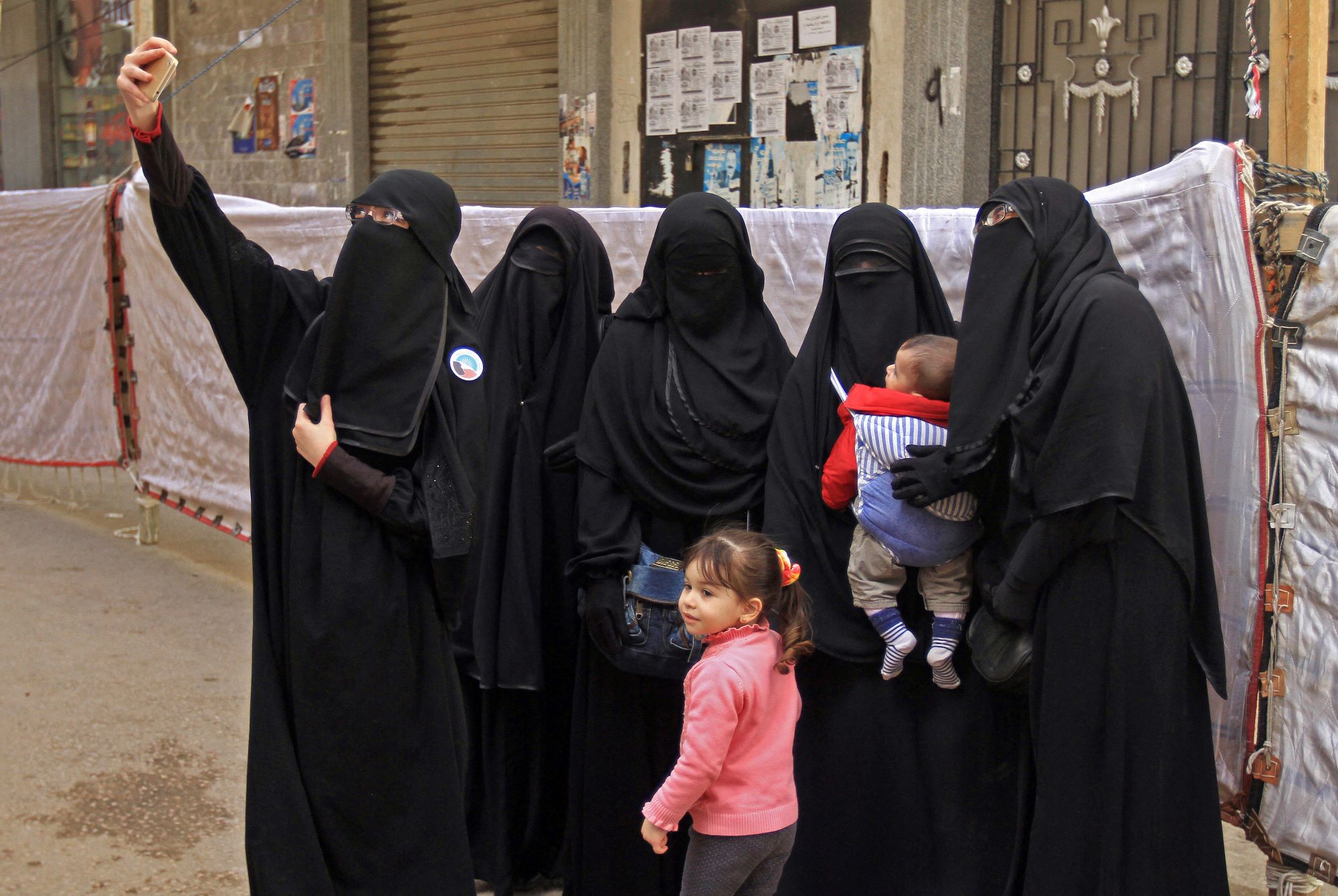The Egyptian government has announced a ban on the wearing of the face-covering niqab in schools from the beginning of the next term on 30 September.
Education Minister Reda Hegazy made the announcement on Monday, adding that students would still have the right to choose whether to wear a headscarf, but insisted it must not cover their faces.
He also said that the child’s guardian should be aware of their choice, and that it must have been made without any outside pressure.



According to Wikipedia the status isn’t quite clear in Egypt.
Information seems kind of sparse at least on the English language parts of the internet that I can easily search but the gist I was able to get (not that I’m super confident in this being correct) is that children need to be enrolled in a school between the ages of 4 and 14, but some schools allow homeschooling as long as they take the required exams in school. And of course some parents just do what they want to anyway regardless of the law.
Based on that, I could imagine some parents begrudgingly allowing their daughters to go to school up until they turn 14 and then not allowing them to continue beyond that due to this change when otherwise they might have.
I found this in Arabic that explains it quite well. In some situations, parents are able to home school their children: if schools are bad and students don’t perform as well (or lose their “morals”), if they need assisted learning, or if they are high school students they can take some school courses online and only attend the exams (such as doing the IGCSE). Also seems like there are some institutions that help parents home school children.
https://nooun.net/اولادنا/different-options-to-educate-your-children#i-3
We had a building guard in the apartment block where my parents lived who was an Egyptian national and had a daughter and a son and refused to send his daughter to school even though it was illegal in Jordan to not do so. However, most likely due to shitty beliefs + bad economy + Jordanian law for foreigners means that his daughter never made it to school and was just “married off” as soon as possible. My parents pleaded with him right and left but he would not budge. Reporting it to the authorities would most likely mean the girl would have been mistreated. I’m in no way saying this is a normal thing in Egyptian society based on this one perdon, but I’m trying to say that it happens a lot with a certain demographic and those kids need our help as adults around them.
I found this in Arabic that explains it quite well. In some situations, parents are able to home school their children: if schools are bad and students don’t perform as well (or lose their “morals”), if they need assisted learning, or if they are high school students they can take some school courses online and only attend the exams (such as doing the IGCSE). Also seems like there are some institutions that help parents home school children.
https://nooun.net/اولادنا/different-options-to-educate-your-children#i-3
We had a building guard in the apartment who was an Egyptian national had a daughter and a son and refused to send his daughter to school even though it was illegal in Jordan to not do so. However, most likely due to shitty beliefs + bad economy + Jordanian law for foreigners means that his daughter never made it to school and was just “married off” as soon as possible. My parents pleaded with him right and left but he would not budge. Reporting it to the authorities would most likely mean the girl would have been mistreated. I’m in no way saying this is a normal thing in Egyptian society based on this one perdon, but I’m trying to say that it happens a lot with a certain demographic and those kids need our help as adults around them.